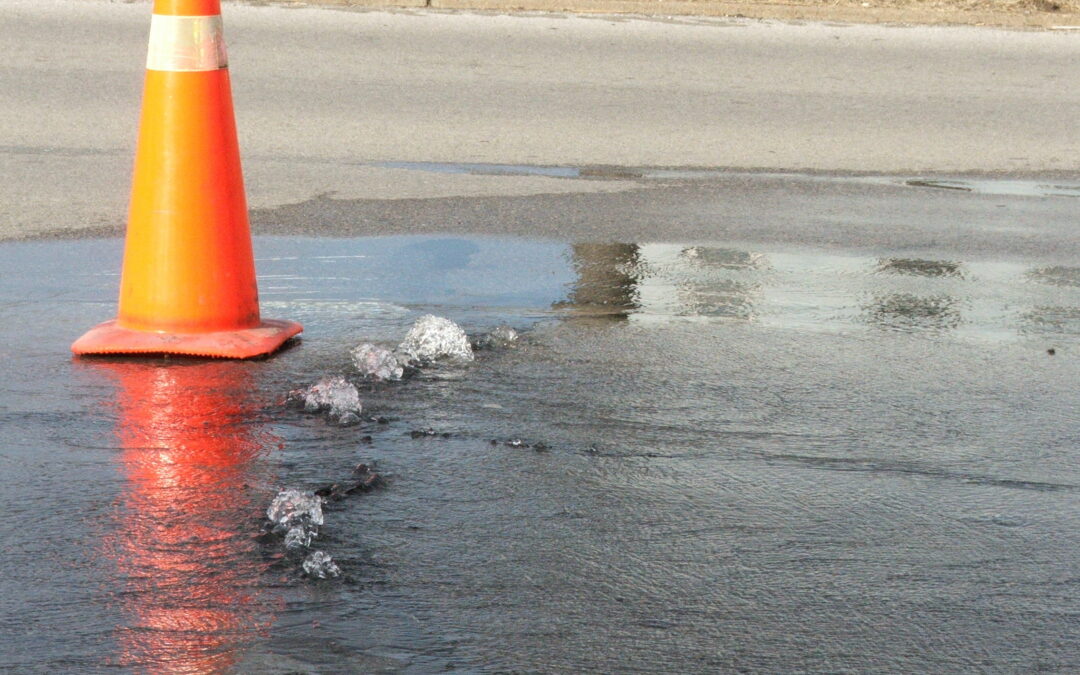Policy experts met in Lansing on Tuesday to discuss solutions to the state’s seemingly-endless infrastructure concerns, part of a public policy forum presented by the Institute For Public Policy and Social Research, or IPPSR, at Michigan State University.
Michigan’s roads – and their many problems – continue to be top of mind for many of the state’s drivers.
Eric Scorsone, an MSU associate professor and director of the university’s Extension Center for Local Government, said the state has taken away many of the tools that would be helpful to improve roads.
“The state restricts a lot of the property tax options that local governments have, which is one of the ways they would pay for roads,” Scorsone, who presented at the forum, explained.
Options like local sales tax on gas have been nixed by the state, Scorsone said, so communities have been forced to largely depend on the state gas tax or millages for infrastructure funding.
“I think people often – they will complain about the roads, but you know people don’t want to raise their taxes either,” he said.
Rather than put more money into the roads, he explained, “[people are] willing to pay for the tire that blew out or the transmission that had an issue with the pothole.”
Policy makers have tossed around a range of solutions when it comes to fixing Michigan’s notoriously bad roads, including adding toll roads, implementing new tax structures, and adding in more taxes for electric vehicles.
Toll roads: New study finds tolls on 14 highways could bring in $1B for Michigan’s road improvement
While there’s widespread agreement both in Lansing and amongst drivers that Michigan’s roads need to be improved, there’s less agreement when it comes to finding a solution.
“No simple solution,” said Beverly Watts, a member of the Michigan Infrastructure Council. “If it was simple, we still wouldn’t probably be talking about infrastructure.”
Watts pointed out that most of the state’s money that goes toward roads is intended to keep up with the maintenance, not to make roads stronger and more resilient.
“We have to change the mindset and have a strategic plan, and then we’re probably going to have to invest a little more,” Watts said.
Infrastructure experts agreed Tuesday that there are a couple of options when it comes to truly making roads better: invest a lot upfront on overhauling road construction and continuing to invest smaller amounts down the road in maintenance, or paying more long term on fixing the aging infrastructure the state currently has.
“[If] we want to move away from the potholes or the Band-Aids, we’re going to have to have a holistic approach about how to fix our infrastructure, because we’re moving into the future,” Watts said.
This article appeared in WWMT. For more, click here.

